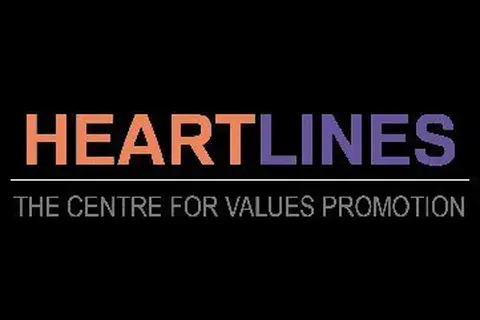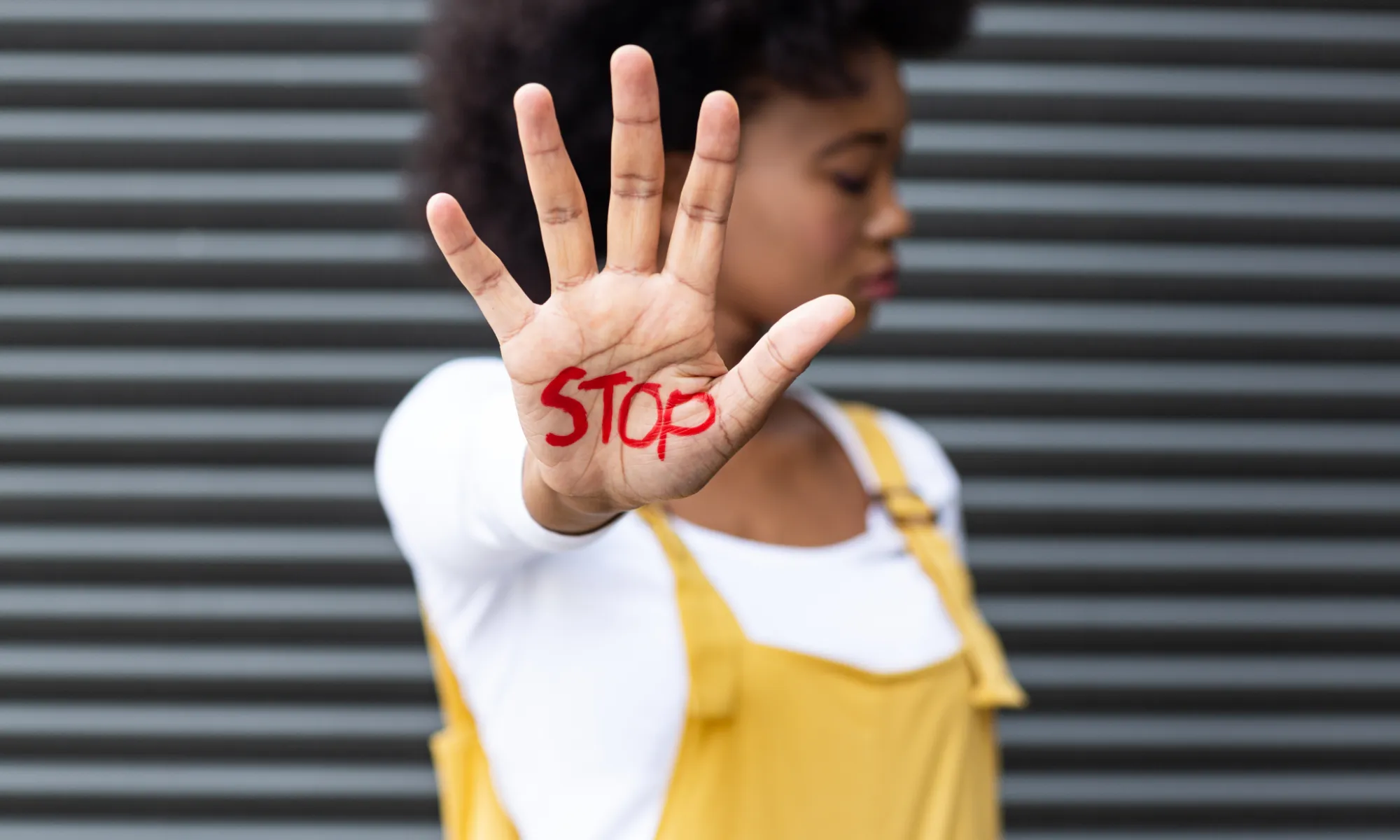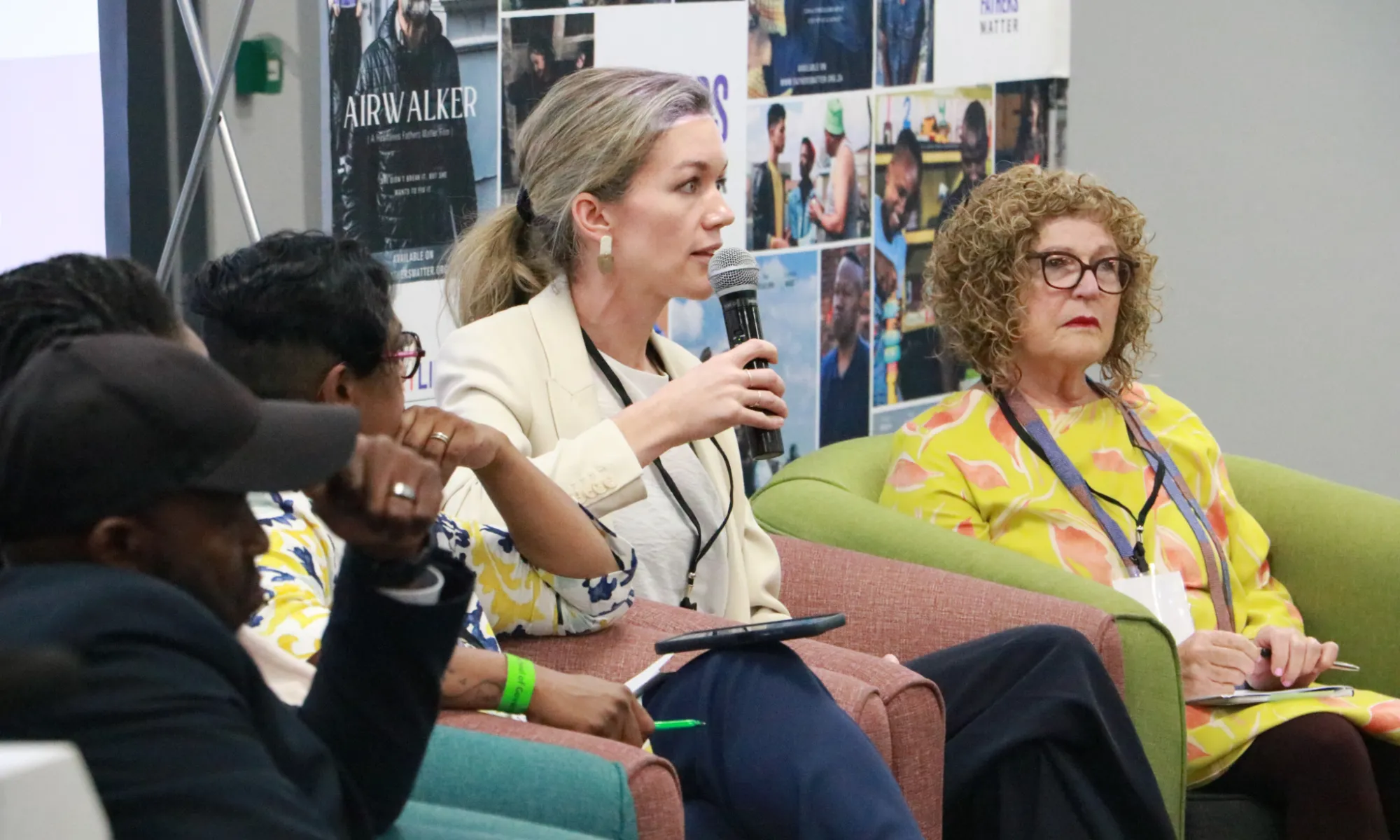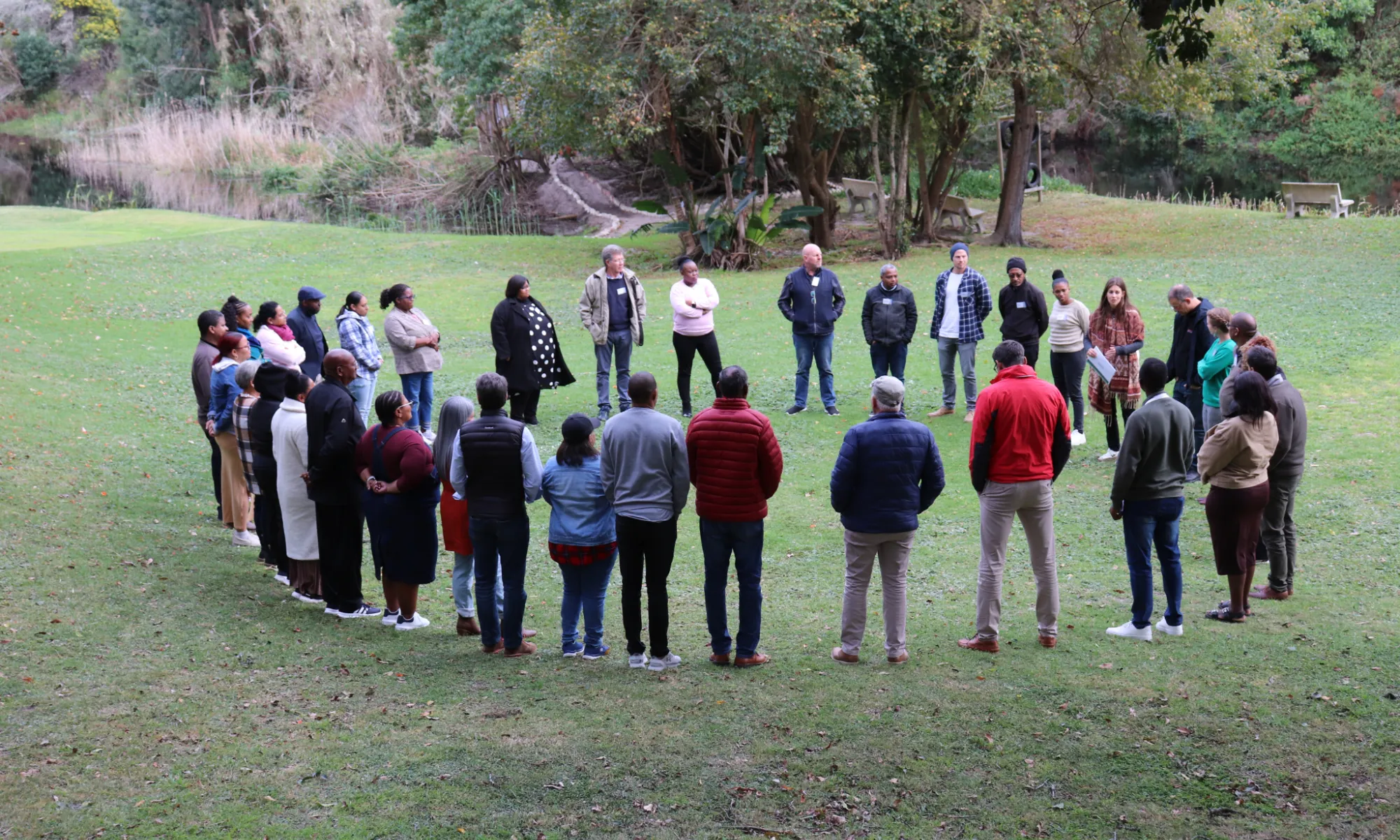My womanhood has been defined by resilience, but I want more
Women , Identity , StorytellingIn every South African home there is a story that whispers across generations. A story of women who’ve had to endure and show their resilience even when they were weary to the bone.
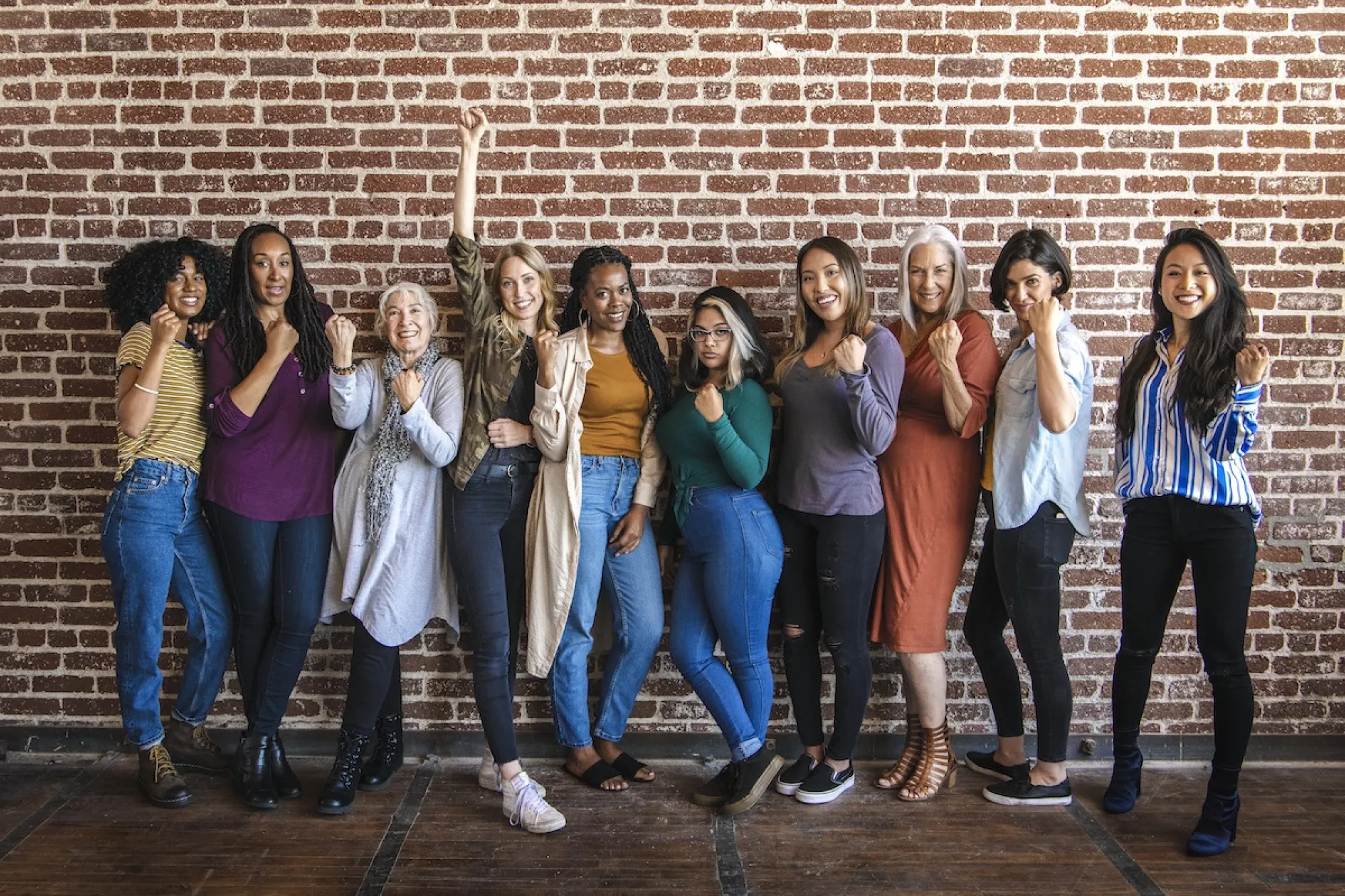
Woman’s month has become synonymous with the phrase: “Wathint' Abafazi, Wathint' Imbokodo," "You Strike a Woman, You Strike a Rock."
From our grandmothers and great grandmothers who raised families during the struggle, to our mothers who held broken homes together with prayer and perseverance, holding onto hope that tomorrow will bring new beginnings.
Making room for hardship and hope
Experience teaches many of us to be adaptive, tough, and resilient, often bending in response to the hardships of life. Take Ntombenhle (54), for example. Her whole life she has tried to delicately balance two worlds. She grew up in a small village called Nonceba, surrounded by open land, dusty roads, and a small maize field behind her mother's three-bedroom house. “I always had to prove that I was tough enough to keep up with my brothers, herd goats before the sun set and then rush back home to be the girl my mother expected to find when she got off the bus from work at 7 PM.”
As she grew older, Ntombenhle says that “when I got the chance to go live with my aunt in Zeerust, I knew that I no longer wanted my life to be defined by hardship.” “I no longer wanted to walk for hours just to get water from the communal tap, what I wanted was a life that was easier.”
Redefining what 'strong' means
Her story is not hers alone. It echoes in many of us. The want and desire to operate from a place of growth and delicacy without having to constantly struggle and push though. Being the eldest daughter and the dependable sibling meant that Ntombenhle wore that badge with honour for years, but “now that everyone does not really need me anymore, I am learning to put myself first, I am also learning to be a woman that can ask for help and be open to receiving that help.”
Every South African woman has been shaped by her own individual hardships, but we are all connected by the timeless values that have shaped how we want to carry on living. “Right now, being a woman feels like letting go of being everything to everyone.” “I am learning that you have to give yourself the same grace and consideration you so freely give to others,” shares Ntombenhle.
As we celebrate the women who have carried us and continue to carry us as we try to navigate what it means to be a woman today, may we each define womanhood on our own terms. And may that definition include rest, healing, grace, forgiveness, compassion, strength, and the freedom to choose more.
If you are looking to get involved in a conversation around women and our fatherhood story visit our Fathers Matter page.

Bonolo Mokua
Bonolo is a multimedia journalist and content creator at Heartlines. She has experience in online and radio media production and helps spread the Heartlines message on multiple platforms.
Featured
